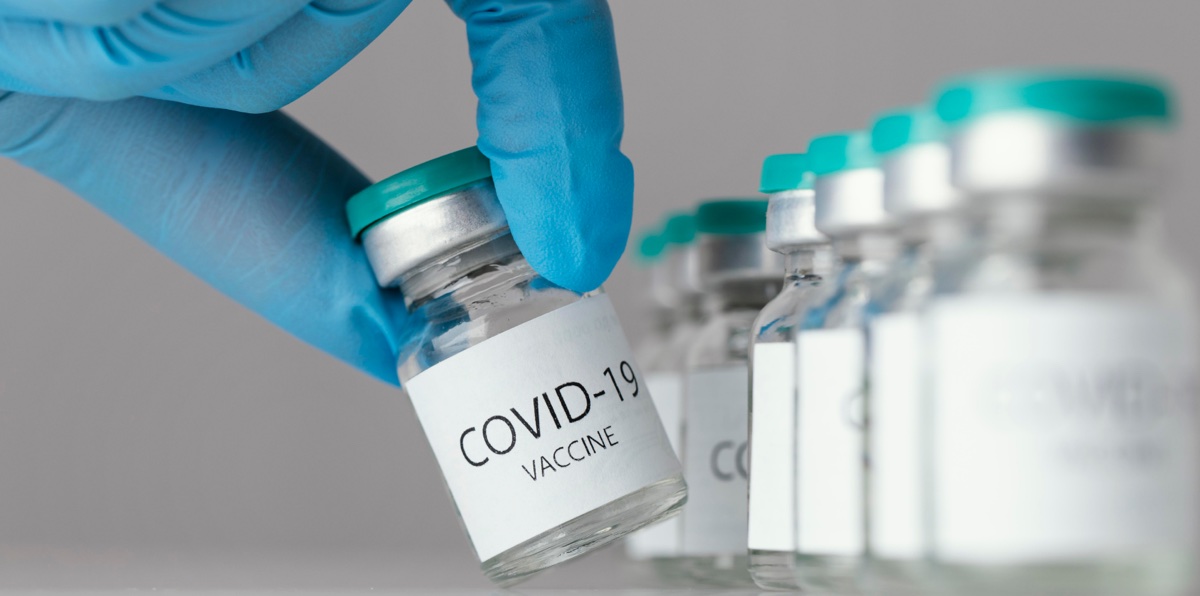12 May Liberalisation of COVID vaccine patents

An Opinion Piece by Bernabé Zea – Partner at ZBM Patents & Trademarks and member of the GENESIS Biomed Business Advisory Board
The COVID pandemic is taking a huge toll on lives, resources, and social and economic impact. Its entire management is casting more shadows than light, and many times decisions have been made thinking more about public opinion than about their effectiveness.
Despite everything that is being said, with the data in hand, it is impossible to deny that it is precisely pharmaceutical research and production that has been above expectations.
In one year, effective and safe vaccines have been developed for the prevention of the disease. To achieve this, the way vaccines were developed had to be changed, from sequential execution of the different stages to carrying them out in parallel, with the aim of reducing the time for their authorisation.
It has also been possible to increase the level of production in an unthinkable way. The big pharmaceutical industry has announced in recent days that it is ready to prepare 12,000 M doses per year; the amount needed to achieve group immunity worldwide.
This number implies tripling the global manufacturing capacity, and it has only been possible through a massive number of agreements between different companies, including raw materials suppliers and the companies that provide their facilities for the manufacture of the new vaccines.
From a technical point of view, the pharmaceutical industry is already offering the necessary tools to effectively and globally fight the pandemic. And bearing this in mind, it is surprising that now the possibility of liberalising or suspending patents is being announced.
Thus, if it is not a technical necessity, an explanation for patent liberalisation would be to pass on to the pharmaceutical industry a significant part of the economic cost that the development of vaccines has entailed. It makes little sense that this economic effort should fall on the pharmaceutical companies and, furthermore, by an imposition not agreed with them. Obviously, this does not mean that the final prices of vaccines take into account the significant amounts of public aid that companies have received for their development.
The confiscation of patents, the most important asset of the pharmaceutical industry, would break the system that society has given itself to promote technological advance: a temporarily limited exploitation monopoly in exchange for making inventions public through patents.
It is true that this measure could reduce the costs of vaccines in the short term, but, as the saying goes, it could be “today’s bread and tomorrow’s hunger”.
Once these assets were confiscated, what incentive would the pharmaceutical industry have to investigate the cure for potential new pandemics? What incentives would companies have to continue researching the new COVID vaccines that are now being developed? What incentive would the industry have to adapt current vaccines to potential new COVID variants that are not preventable by current formulations?
On the other hand, patents without the associated know-how are not easy to implement. Forcing companies to hand over their know-how, non-public information, is unthinkable. And also, new facilities would be needed for the manufacture of vaccines different from those that the big pharmaceutical industry is already using or plans to implement.
In short, an imposition on pharmaceutical companies for the transfer of their technology to third parties instead of reaching an agreement with them would only mean a delay in the current manufacturing capacity and possibly a decrease in the quality of the vaccines.
The supposed liberalisation of patents would be a problem rather than a solution. In my opinion, the declarations that governments are making in this regard is only an image issue, and in the end it will finally come to nothing, or most likely a new stain on pharmaceutical companies reputation, to which no one seems to give recognition for the achievement of large-scale development and manufacture of vaccines.
Finally, the first world should carry out an self-examination. COVID has so far accounted for about 3.5 M deaths. According to the FAO, the annual death toll from hunger is close to 4 M people; and, according to the WHO, in 2019 1.4 million people died from tuberculosis, a disease that has a very low cost treatment. There are many other diseases that kill hundreds of thousands of people, but that do not awaken any interest due to their scarce or null effects in the first world.
There is no doubt that we have the means to end these deaths, but unfortunately there is not a strong enough political will to do so. What degree of solidarity has Europe or the United States shown in the fight against COVID when, instead of putting together a global action plan, it seems that they have been mainly concerned with obtaining vaccines for their own citizens? How can we ask the pharmaceutical industry for solidarity if the governments of the first world do not have it with those of the third world? It is a pity that an initiative like COVAX does not have much more support from the richest countries in order to achieve a better management of the pandemic worldwide.
In short, these statements seem more like a political marketing operation to hide failures in the pandemic management, than the search for the solution to a problem.
Bernabé Zea
Partner at ZBM Patents & Trademarks
Member of the GENESIS Biomed Business Advisory Board


